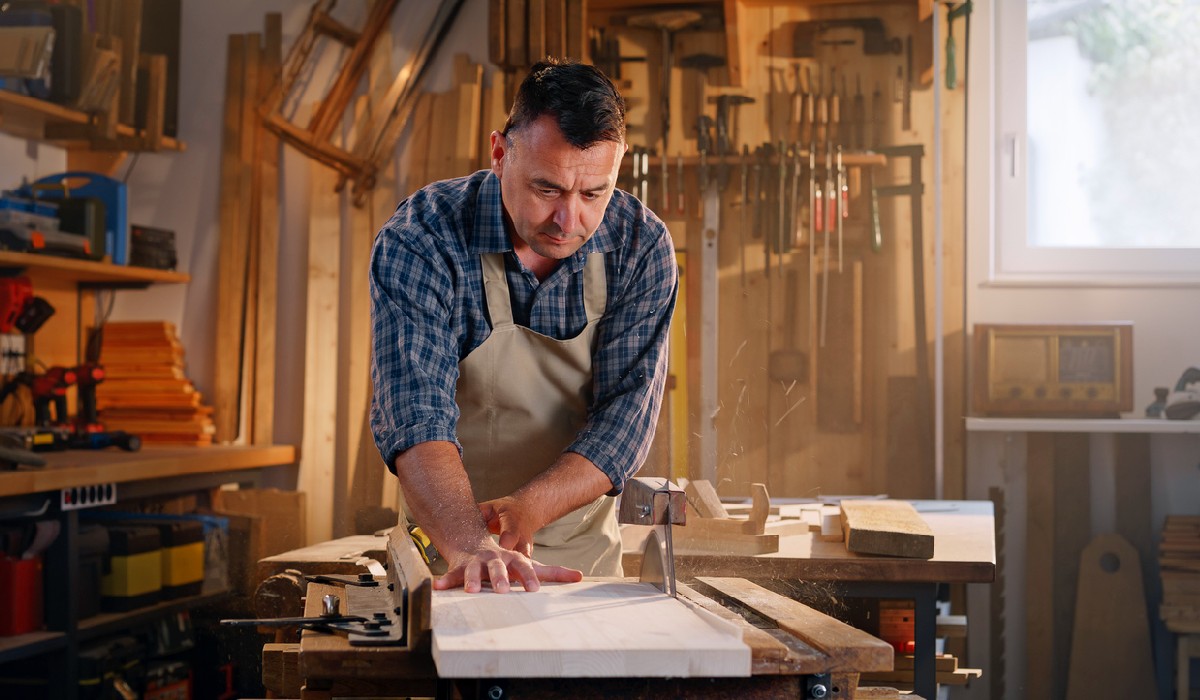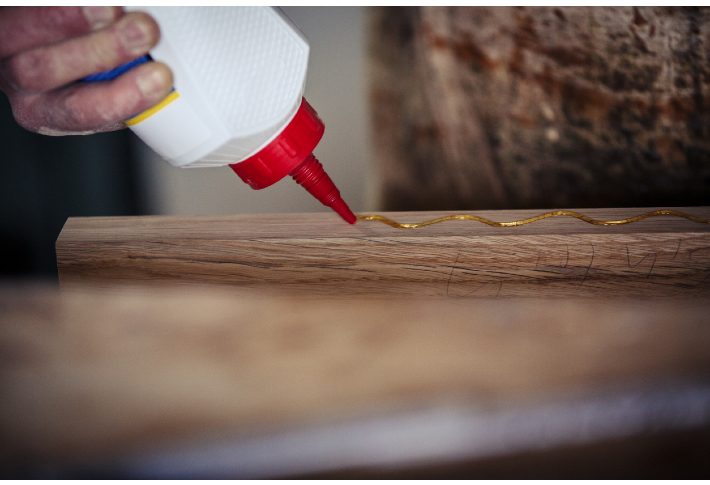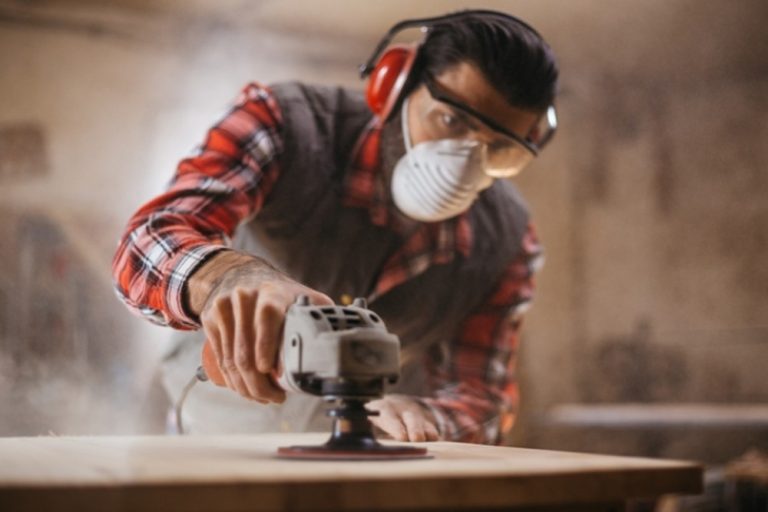A Beginner’s Guide To Setting up a Home Workshop

Are you an aspiring DIY enthusiast looking to set up the home workshop of your dreams? Perhaps you’re a veteran woodworker or builder looking to upgrade your workspace. No matter your experience level, this post will provide all the tools and tips you need to get started. We’ll cover a few considerations for your workspace, the right tools for your project, and helpful strategies for maximizing efficiency and safety.
Setting up a home workshop isn’t as expensive as you may think. With some planning and preparation, you can create a functional, efficient workspace with minimal cost. Whether you’re building a deck, repairing an old car, or crafting a one-of-a-kind piece of furniture, this guide will have you on your way to creating something beautiful.
Overview of Essential Tools
When setting up your home workshop, it is important to equip it with all the essential tools needed for woodworking and other DIY projects. The most essential tools include a table saw, miter saw, jigsaw, drill, and other basic hand tools.
A table saw is the number one tool for any woodworker. It is used for many tasks, such as ripping, crosscutting, mitering, and slotting. It is also useful for making accurate angle cuts. Table saws can be manual or powered and should come with guards for safety.
A miter saw is a great tool for making precise angle cuts or creating a mitered joint. Sliding miter saws are capable of cutting wider boards, while non-sliding miter saws are more lightweight and are used on smaller pieces of wood.
Jigsaws are useful for making curved cuts and irregular shapes in wood. They come in corded or cordless varieties and can be used for precision work, such as trimming door jambs or cutting intricate shapes.
Drills are necessary for assembling your projects. They can be used to drive screwdriver bits into screws, which eliminates the need to use a screwdriver as a separate tool.
Other essentials to have on hand include a shop vac, hammers, chisels, planes, files, routers, circular saws, levels, and measuring tapes. Having these tools on hand will allow you to handle just about any project you take on.
Safety Considerations
Before beginning any project, it’s essential to consider safety precautions. Eye protection is necessary when using power tools or when dealing with flying debris during a task. Wearing ear protection while using loud tools, such as drills or table saws, will help to protect your hearing over time. Respiratory protection is necessary when working with materials that produce hazardous dust particles, such as MDF or particle board.
Workbench
One of the most important elements of any workshop is a sturdy workbench that can handle all of your tasks without wobbling. Building a workbench from scratch involves joining boards with some sort of fastener before sanding the surface for a smooth finish. When choosing your workbench dimensions, consider the size of your workshop space and the home projects you plan on completing.
Storage Solutions
Creating storage for your workshop will help keep it organized and efficient during projects. Hanging storage can be created with peg boards that hold lightweight items like hammers and screwdrivers. Wall cabinets can store larger items, such as power tools, while shelves are great for keeping additional supplies off the floor.
Automated Solutions
There are a few automated solutions designed to increase productivity in your home workshop. These include table saw jigs that hold material in place during rip cuts, router jigs that allow you to repeat cuts, and drilling guides that make it easy to drill accurate holes. Automated solutions like these can speed up projects while increasing accuracy at the same time.
Recommended Resources
When first getting started in home woodworking it is critical to have access to reliable resources. Books are an excellent resource for beginners looking to learn about woodworking basics like joinery techniques and tool selection criteria. Videos produced by experienced professionals are another good source of instructional tips from experienced woodworkers. Investing in at least one resource early on will pay off later.
Conclusion
Setting up a home workshop can be daunting but with the right tools and know-how, it can be a rewarding experience. Ensuring you have the proper safety equipment, tools, workbench, storage solutions, and resources, will make building your workshop an eventful and easy DIY project you can surely tackle.



